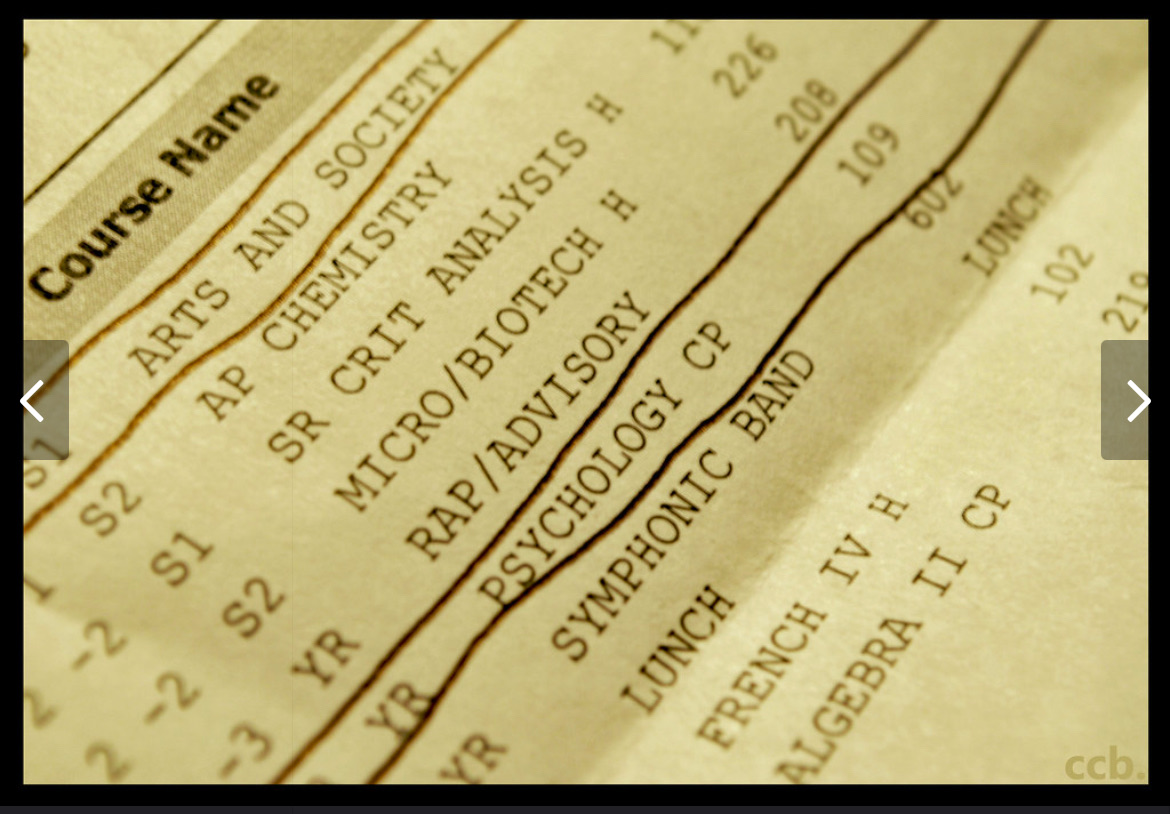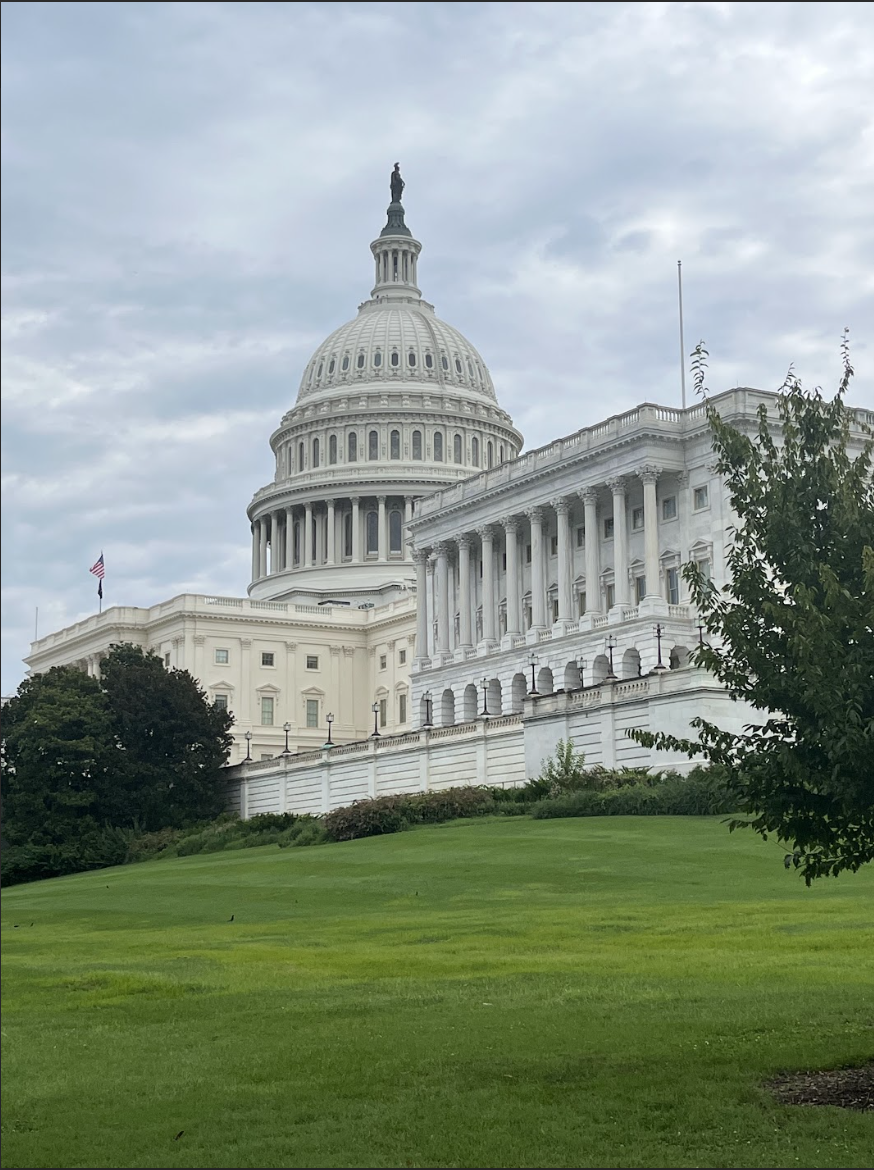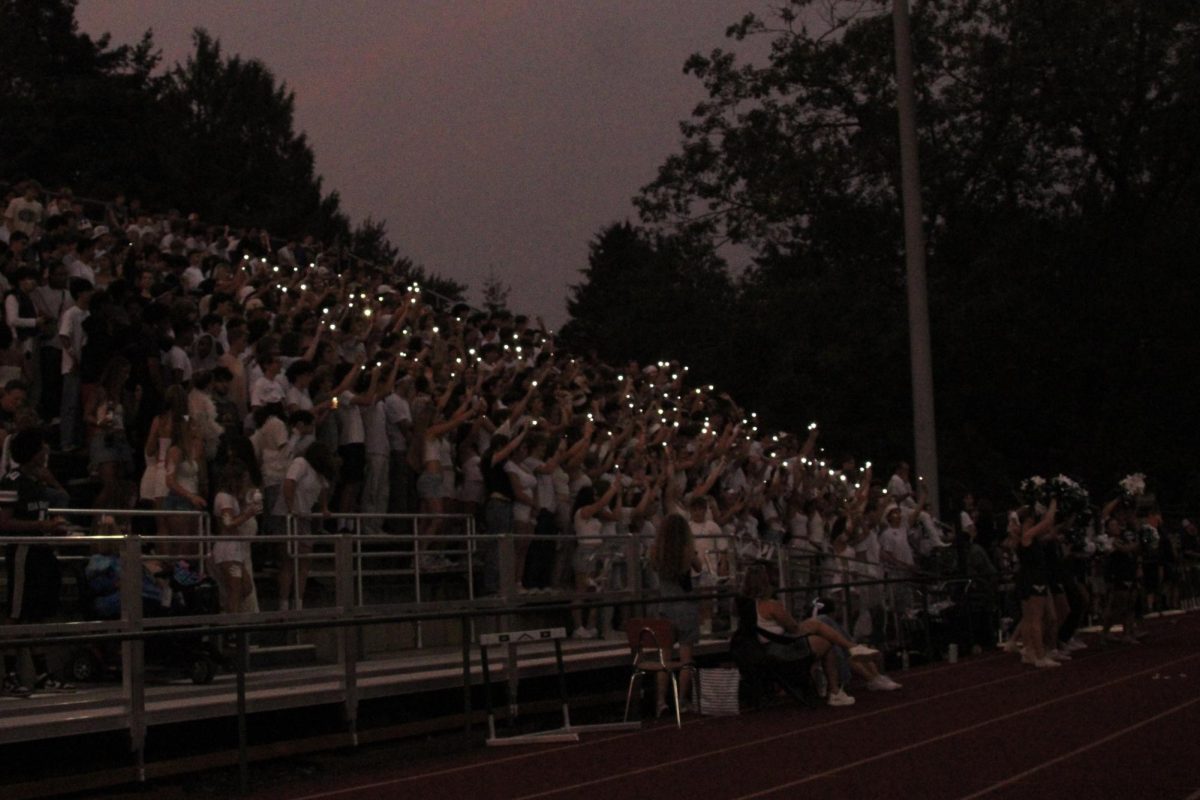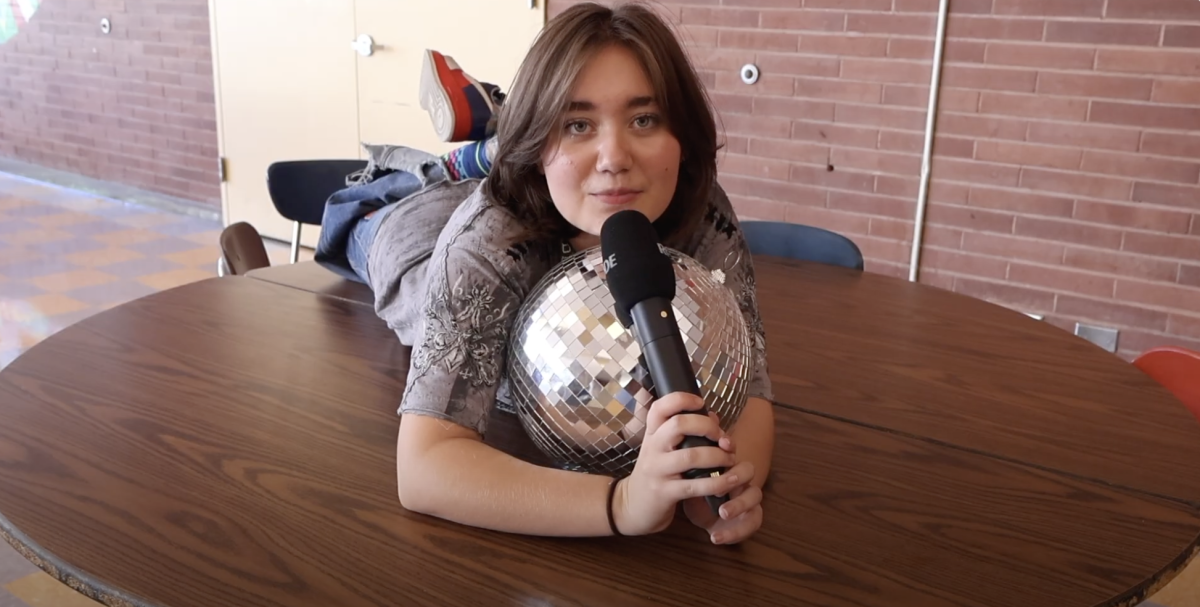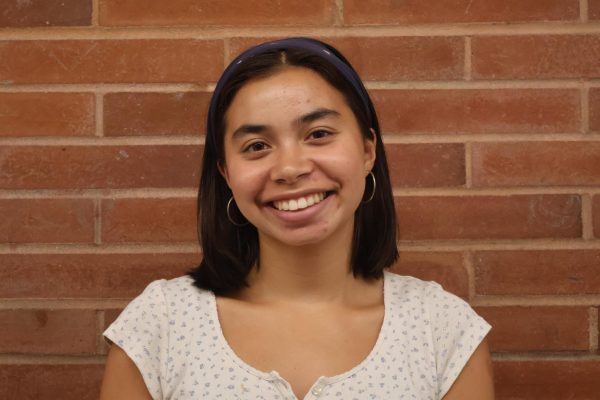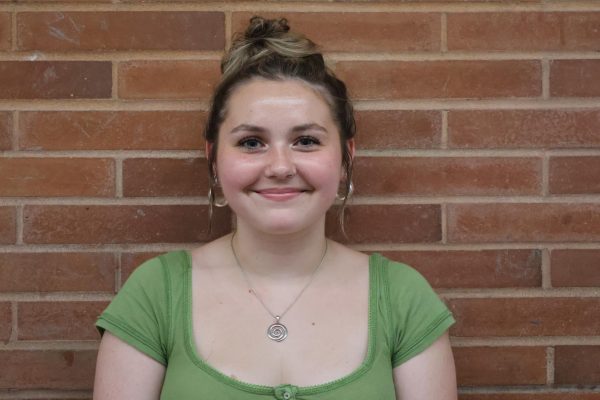It’s almost time to forecast for the 2025-2026 school year. From new classes to fresh opportunities, your choices will set the tone for the next year.
With the new school year approaching, it’s important to look ahead and plan for the future.
Forecasting for the upcoming year is the best opportunity to prepare.
Choosing what classes to take can be influenced by many factors, and it’s important to consider your goals and aspirations.
Winston Rivas, a college coordinator at Ida B. Wells-Barnett High School, said his biggest piece of advice is to “make sure they make room for all of their interests, in terms of both academic and then also things that they are curious about…and also to be really considerate of their other things that they have outside of school.”
Pursuing a class or topic you are interested in is a great way to explore different fields before college. Whether it be a fun elective or a harder Advanced Placement (AP) class, exploring different paths in high school is the best time to do so.
At IBW there are many different electives and classes, guaranteeing students the chance to find something that fits their interests, whether it be creative arts; career and technical; conceptual or something else.
“Make sure you’re challenging yourself, and I would recommend, like sophomore year is a perfect time to take one AP class, like dip your toes in. Freshmen, take some interesting electives [for] sophomore year, even if that’s not an AP class,” said Ainsley Porter, a junior at IBW and the student body vice president.
Upperclassmen who are planning for college should consider choosing their classes accordingly.
It’s important to plan for what colleges will want and what they will see. APs and challenging dual credit classes are good opportunities, but to an extent. Keep in mind all the class loads to juggle. The difficulty levels of your courses and extracurriculars play a key role in deciding which classes to take.
Trying more difficult classes brings the need for balance. Many upperclassmen are prone to burnout.
IBW seniors Amalia Dill and Brooke Swanson agree on their advice for incoming seniors: take a free period if possible. “Once you get far into the school year, you start to get burnt out, especially when you know where you want to go to college and once you get in,” said Dill.
For someone who has more sports or extracurriculars outside of school, it might be helpful to tone down their AP classes or add in a study hall period. For someone who prefers a lighter load, it might be beneficial to take more electives with topics they enjoy.
“If I could remake my schedule, I would opt for fewer or easier classes. Balancing a heavy workload with extracurriculars taught me that I underestimated the time and effort required for AP and college-credit courses, especially during the transition from sophomore to junior and senior years,” said Jay Huynh, a senior at IBW. “While pushing yourself academically can be rewarding, it’s essential to consider if the stress and time commitment are sustainable and healthy. That said, I’m incredibly grateful for the support I received from my teachers and friends during those challenging times.”
Remembering that there are people there to help along your journey, both during and post-high school is important, and they should be taken advantage of. The counselors, college and career center, current teachers or those teaching classes you’re interested in are great people to connect with and to ask for help from.
The forecasting process will begin the first week of February. Teachers will present the information to students in the classroom, and students will have a few weeks to decide and meet with their counselors to finalize their decisions.
During February, counselors will be available to help with questions and the tough decisions that planning for the following year can provide. Teachers will also be available to help you along the way, so don’t hesitate to ask questions.
IBW counselors stress getting all required classes out of the way, such as Health and Physical Education, math requirements and social studies.
Communicating with counselors and your teachers is an important step in forecasting. Asking about what classes would be the right level for you and speaking to teachers who instruct classes you’re interested in are key to deciding the best classes for your future.
Sheila Kendall, one of the five counselors at IBW, also recommends personal research. Looking at the IBW interactive forecasting guide online, researching what classes colleges expect and talking to trusted teachers are all ways to find out more about certain experiences.
Upperclassmen are also an available resource, and most would be happy to help you along your path and avoid mistakes they might have made.
It’s also crucial to be thoughtful about your class choices, as changing your selections once you begin the new school year is almost impossible. “When kids change their mind, it really puffs up the amount of students in other classes, and that creates a learning environment for you that’s not as good… That’s why those choices are so important…we’re really gonna hold you to it,” said Kendall.
Ultimately, the most important part of forecasting is finding the right balance for you. Take the time to think about what you know you can handle and what you think might be too much for you and plan accordingly.
“If you choose too much of a workload just because you’re taking challenging classes and getting bad grades, it’s not worth it. I believe there is a right class for everyone that is challenging, the perfect workload, and good for colleges,” said IBW junior Dylan Wagner.


